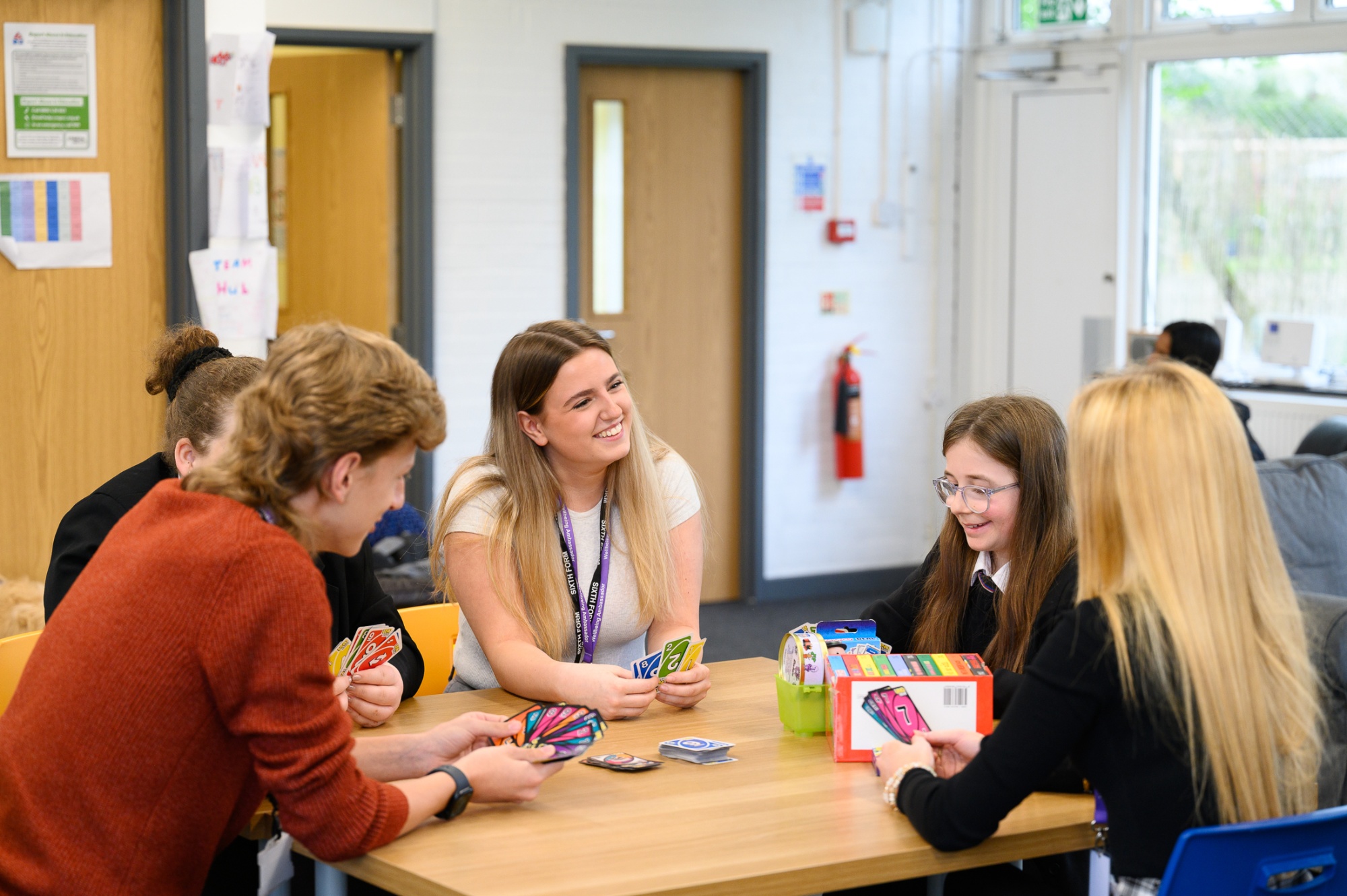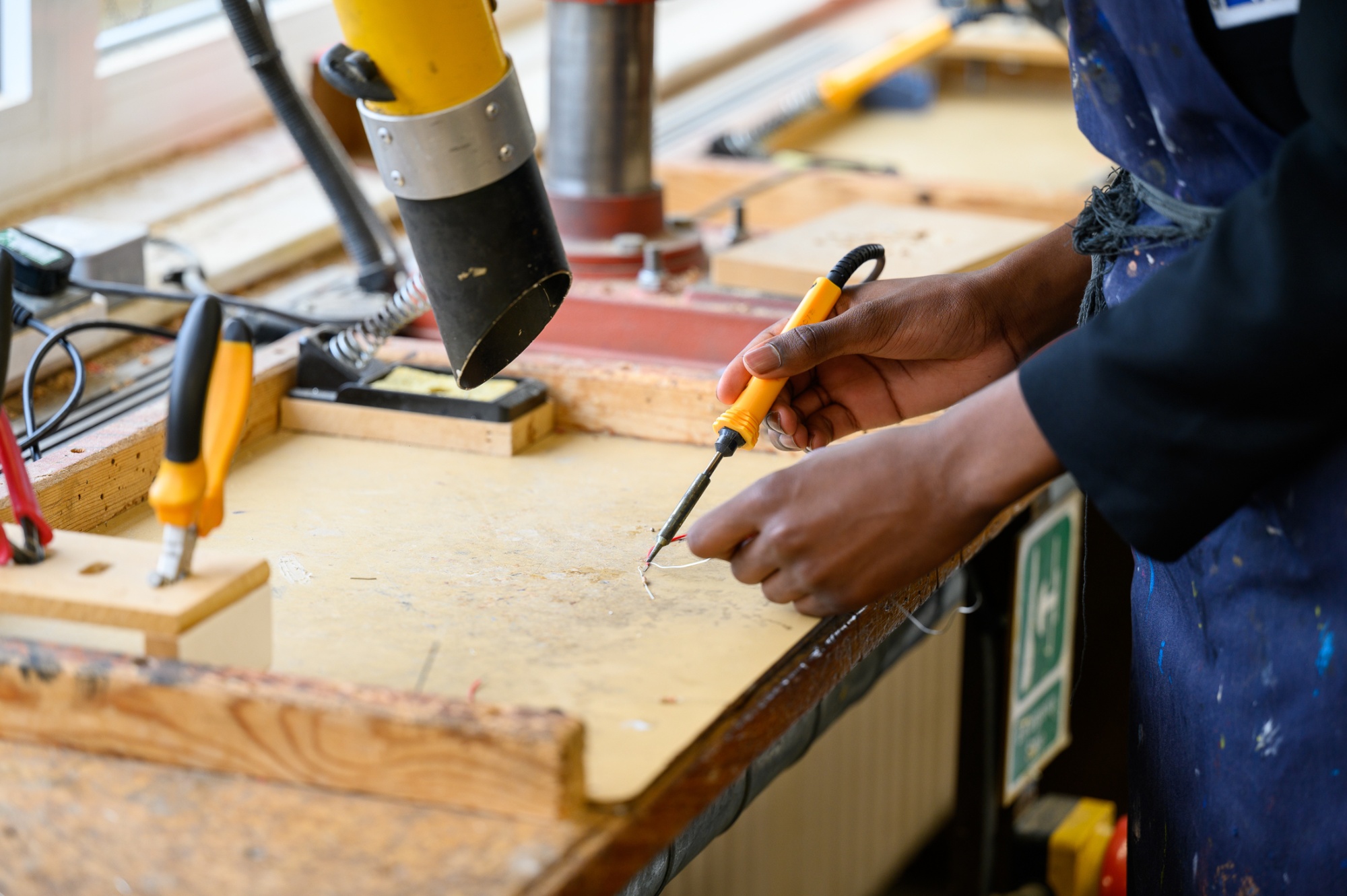Geography KS3 | Years 7 to 8
Subject Content
Year 7
Our world, introduction to Geography and skills, the local environment and beyond.
Fantastic Places
A world tour of the places that make our world fantastic. Students learn about a range of both natural and human-influenced environments. This includes Machu Picchu in Peru, the desert racetrack in California, the Great Barrier Reef in Australia and Stonehenge in the UK.
UK Geography
Students continue to develop their cartographic skills, focusing on the UK. They learn through graphical skills how the population of each region has changed and also begin to develop their terminology to describe changes in these regions.
Tropical Rainforests
Students understand the term biome and then study the vegetation of the tropical rainforest and how plants and animals are adapted to life there. Students explore the reasons for deforestation and the effects this has on people and the environment.
Geography Skills
Students develop a range of cartographic skills throughout this unit, including how and why symbols are used on maps and how we can accurately locate places using grid references. Students also explore different techniques such as topological mapping and how we can use Geographic Information Systems (GIS) to explore data.
Africa
Students extend their locational knowledge and deepen their spatial awareness of the world’s continents (particularly Africa). They will focus on the environmental regions, including hot deserts and also key physical and human characteristics, countries and major cities within the continent. Students will develop their understanding of geographical similarities, differences and links between places through the study of human and physical geography within Africa.
Antarctica
The frozen continent. Students will study the key geography of the continent. This includes its location, physical features, ecosystem and the changes that Antarctica faces in the future.
River Environments
Students will develop their knowledge and understanding of physical landforms and processes related to river environments. They will be able to describe how landforms are created using specialist terms and will locate them within physical environments/ecosystems.
Practical Geography
Geographical learning outside the classroom! Students learn how to collect, present and analyse geographical field data and information. This will include microclimate studies, traffic counts, field sketches and land-use mapping.
Geology, Weathering and Soils
Students will understand, through the use of detailed place-based examples at a variety of scales, the key processes in: physical geography relating to rocks, weathering and soils.
Year 8
The changing world : By climate, country, hazards, development and population.
Weather and Climate
An introduction to the concepts of weather and climate. Students will learn about measuring and recording weather, clouds, rainfall, air pressure and the influence of air masses.
Hot Deserts
In this unit, students learn about the key locations and physical features of desert environments. They learn about the unique ecosystems deserts contain and how they can be considered fragile environments, susceptible to change.g on our planet.
Population and migration
Students learn about the key concepts of population and migration. This includes how and why the population of our planet is changing and how this presents a challenge in the future. Students also learn about the reason for human migration and how it can alter and change the character of place.
India
A country study on the newly emerging economy of India and its place in the modern world. Students will study its location, physical geography, life in the cities and India's impact on a global scale.
China
A country study on the newly emerging economy of China and its place in the modern world. Students are able to contrast this study to previous studies in India as they learn about the changes the country has experienced in its human and economic geography.
Plate Tectonics
A key physical geography topic! Students learn about plate movements, volcanic eruptions, earthquakes and tsunamis. There is strong focus on how the effects of these hazards can be managed by people.
Dangerous Places
The most dangerous places on our planet! These range from Chernobyl in Ukraine, the Mexican-USA border, Detroit in the USA, Cape Town in South Africa and Rio de Janeiro in Brazil.
Assessment Details
To be successful, students will need to be able to: by the end of Key Stage 3, know, apply and understand the matters, skills and processes specified in the programme of study above.
What can I do to support my child at home?
Encourage and help develop the child's passion and academic progress in the subject. This could be achieved by visits to key geographical locations, museums and exhibitions. In addition, this can be achieved by exposure to media sources like television documentaries, TED talks and BBC Bitesize.
Recommended Resources for the Course
Websites
Teaching Staff
Head of Geography
Mr Pye - apye@cottesloe.bucks.sch.uk
Teachers of Geography
Mrs Knightley - aknightely@cottesloe.bucks.sch.uk
Mrs Chapman - gchapman@cottesloe.bucks.sch.uk
Mr Youngs - ayoungs@cottesloe.bucks.sch.uk
Mr Brokenbrow - jbrokenbrow@cottesloe.bucks.sch.uk






